Top 5 Diet Trends in 2025 Backed by Real Science
By Rikhtiya — “Discovering Secret Facts”
Introduction
The world of nutrition continues to evolve as new studies challenge long-standing assumptions about what’s truly healthy. In 2025, the focus has shifted from fad diets to science-backed eating habits that promote long-term well-being, gut health, and metabolic balance.
At Rikhtiya, our mission is to uncover reality-driven insights — and that includes diet trends rooted in facts, not hype. Here are the top five diet trends of 2025 that are not only gaining popularity but are also supported by peer-reviewed research.
1. The Microbiome Diet: Feed Your Gut, Heal Your Body
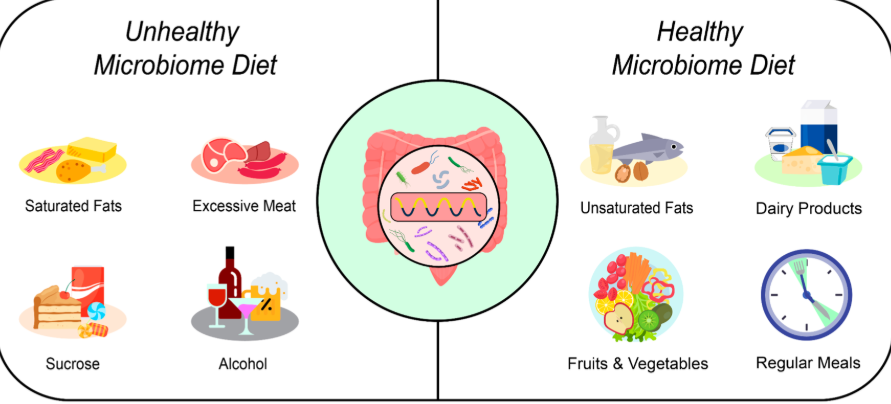
Your gut is more than a digestion machine — it’s home to trillions of microbes that affect your immune system, brain, metabolism, and more. The Microbiome Diet aims to support gut health by emphasizing prebiotic- and probiotic-rich foods.
Key Foods:
Fermented foods: yogurt, kefir, kimchi, sauerkraut
Prebiotic fibers: bananas, garlic, onions, oats
Polyphenols: berries, green tea, dark chocolate
Science Behind It:
A 2024 review in Nature Microbiology found that a healthy gut microbiome reduces inflammation, supports mental health, and improves metabolic function.
Clinical studies have shown that people following microbiome-enhancing diets report better digestion, immunity, and mood.
Why It Works in 2025:
With rising gut disorders and antibiotic overuse, the microbiome diet offers a sustainable, personalized solution to improve your health from the inside out.
2. Circadian Eating: Aligning Meals With Your Body Clock
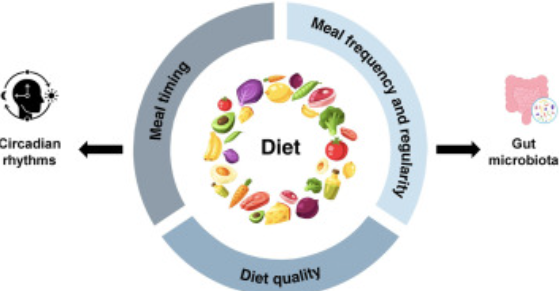
Also known as “chrono-nutrition,” circadian eating focuses on eating in sync with your natural biological rhythms. This means eating most of your calories earlier in the day and avoiding heavy meals at night.
Core Principles:
Eat within a 10-hour window (e.g., 8 AM to 6 PM)
Make breakfast and lunch the largest meals
Avoid eating close to bedtime
Scientific Evidence:
A 2023 Harvard study showed people who ate earlier in the day had better insulin sensitivity and burned fat more efficiently.
Chronically late-night eaters showed higher risks of type 2 diabetes and weight gain, even when total calories were the same.
Why It’s Trending:
More people are realizing that when you eat is just as important as what you eat. Circadian eating supports sleep quality, hormonal balance, and weight regulation — making it ideal for 2025’s fast-paced lifestyles.
3. Protein Cycling: Boosting Longevity Without Overloading Protein
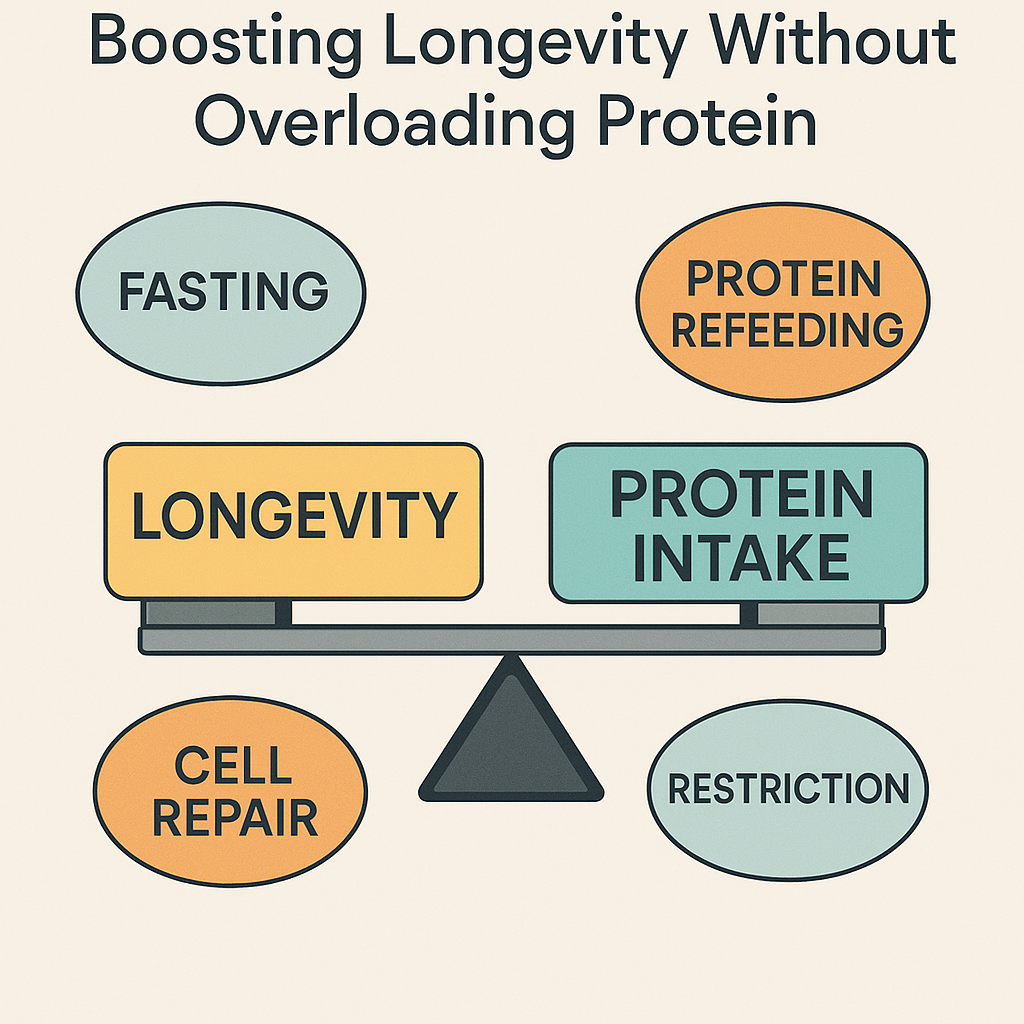
While high-protein diets are still popular, new research warns against consistently overloading protein. Protein cycling — alternating high and low protein days — is gaining ground for its role in longevity and metabolic flexibility.
How It Works:
High-protein days (e.g., after workouts): lean meats, legumes, eggs
Low-protein days (e.g., rest days): focus on carbs and healthy fats
Maintain muscle, avoid insulin resistance
What Science Says:
Studies from the University of Southern California show protein restriction activates autophagy (cellular cleanup), which is linked to longer lifespan.
Excessive protein, especially animal-based, may increase IGF-1, a hormone associated with aging and cancer risk.
Who Benefits Most:
Athletes, middle-aged adults, and those focused on anti-aging strategies.
4. Personalized Nutrition Based on DNA and Biomarkers
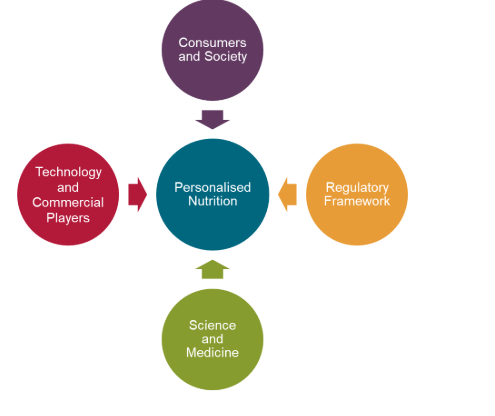
The era of one-size-fits-all diets is over. Thanks to advancements in nutrigenomics and blood testing, people can now tailor their diet based on their genetic profile and individual nutrient needs.
Tools People Use:
At-home DNA test kits to assess lactose intolerance, gluten sensitivity, fat metabolism
Blood panels to detect vitamin deficiencies, inflammation, and metabolic risk
AI-driven apps that generate meal plans based on real-time data
Backed by Science:
A 2024 review in The Lancet Digital Health confirmed that personalized diets improve weight loss and nutrient absorption better than generic plans.
Precision nutrition reduces trial-and-error and prevents nutrient overload or deficiency.
Why It’s Growing:
With digital health wearables and AI meal planners, personalized diets are now more affordable and accessible than ever — and they get results.
5. The Climate-Conscious Diet: Eating for Planet and Health
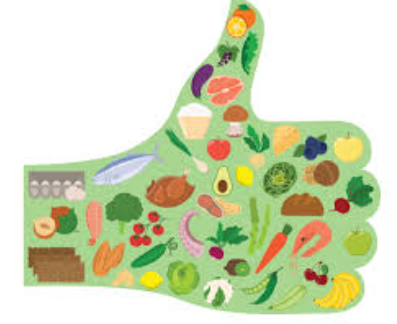
As awareness of climate change grows, more people are embracing sustainable eating habits that are both nutritious and environmentally friendly.
What It Includes:
Local, seasonal produce
Less red meat, more legumes and grains
Minimally processed, plant-rich meals
Supporting Data:
The EAT-Lancet Commission’s 2025 report reinforced that a flexitarian diet can reduce mortality and environmental damage.
A Pakistani study in the Journal of Eco-Health found that shifting just 25% of a person’s meat intake to plant-based options reduced their carbon footprint by 30%.
Real Benefits:
Better cardiovascular health
Reduced risk of obesity and colon cancer
Sustainable food systems that benefit everyone
Quick Comparison Table
| Diet Trend | Backed By | Key Benefit | Best For |
|---|---|---|---|
| Microbiome Diet | Gut studies, NIH | Improved digestion & immunity | All age groups |
| Circadian Eating | Harvard, JAMA | Better sleep, weight loss | Busy professionals |
| Protein Cycling | Longevity labs | Metabolic flexibility | Athletes, over-40s |
| Personalized Nutrition | DNA, blood tests | Tailored nutrient intake | Health-conscious adults |
| Climate-Conscious Diet | EAT-Lancet | Heart health + eco-impact | Gen Z, sustainability fans |
Final Thoughts from Rikhtiya
In a world flooded with misinformation, it’s essential to rely on diets that are grounded in evidence — not trends for clicks. At Rikhtiya, our mission is to share real, research-backed facts that help you live smarter, longer, and better.
Whether you’re looking to improve your gut health, manage weight, or live more sustainably, these 2025 diet trends are not just popular — they’re proven.







